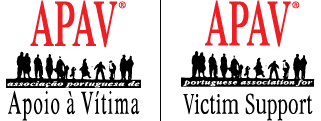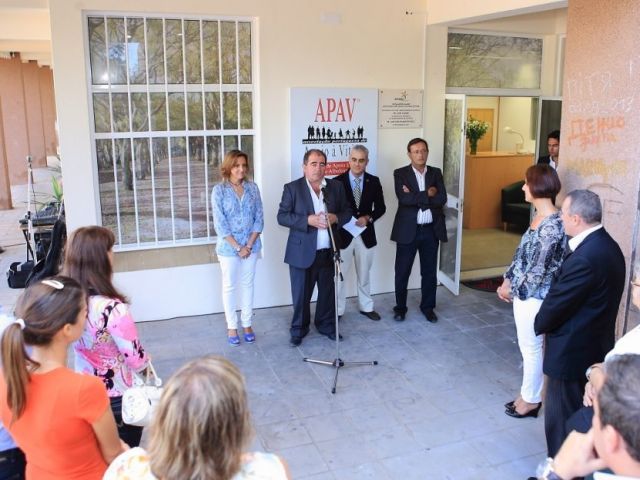
New APAV centre in Albufeira
"After thirteen years of operating in the city centre, the Portuguese Victim Support Association’s (APAV) Albufeira branch of is now located in new facilities conceded by the local council.
APAV Albufeira’s new office is located in the Habijovem urbanisation, where it will continue to receive and counsel victims of crime, abuse and violence of all ages and walks of life.
Over the past 13 years the Albufeira Victim Support Office has provided support in 2,470 cases; last year alone it attended 453 people who turned to it for help, the majority of whom were the victims of crime.
Its new facilities were inaugurated last Wednesday and counted on the presence of Albufeira Mayor José Carlos Rolo, and the president of APAV João Lázaro.
“These facilities meet an old aspiration to better serve the community of Albufeira, more specifically the victims of crime and abuse. This space will allow us to increase our number of volunteers and, consequently, help more people with regards to preventing and intervening post-crime” João Lázaro said.
He also revealed that APAV is looking to develop a pilot project with the Albufeira GNR police force to offer support to tourists who are the victims of crime.
APAV has been operating in Albufeira since 2000 following a protocol that was signed between the association, the local council, and the GNR. It is a registered private social welfare association (IPSS) that has as its main mission supporting the victims of crime, their families and friends by offering free and confidential quality services.
Since its founding the association has noted a significant rise in the number of people resorting to its services of emotional, psychological, legal and social support, taking care of some 220 processes per year, involving some 500 people including various authorities such as the PSP police, GNR police and the CPCJ child protection committee."
Source: The Portugal News
Victims of Crime Beyond 2015 | Brussels, 6 November 2013
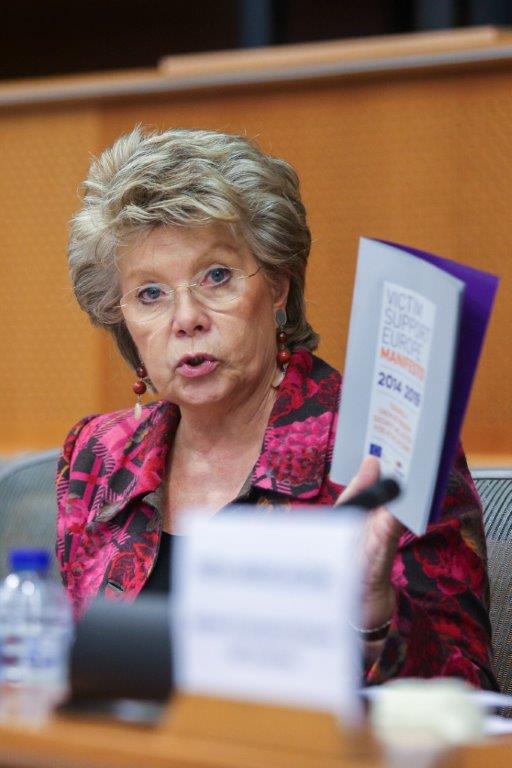 Victim Support Europe organized the conference "Victims of Crime Beyond 2015 – A Manifesto", which was hold at the European Parliament in Brussels on the 6th November 2013.
Victim Support Europe organized the conference "Victims of Crime Beyond 2015 – A Manifesto", which was hold at the European Parliament in Brussels on the 6th November 2013.
The event focused on the future of victims’ rights in Europe after the implementation phase of the EU directive establishing minimum standards on the rights, support and protection of crime and will include presentations from representatives from the European Commission, the European Parliament and the Presidency of the Council of the European Union. In the event was also launched the Victim Support Europe’s Manifesto for the 2014 European Parliament election.
The speakers were: Teresa Jiménez-Berrecil Barrio (MEP, LIBE Committee); Antonyia Parvanova (MEP, FEMM Committee); Simona Mesoniené (Lithuanian Presidency of the Council of the European Union); Anna Mamai (upcoming Greek Presidency of the Council of the European Union); and David McKenna (President of Victim Support Europe). Viviane Reding, Vice-President of the European Commission, delivered the closing speech, where the Project Infovictims promoted by APAV was mentioned as a good practice to be adopted in the EU Member States.
APAV promotes the ABC Justice Project
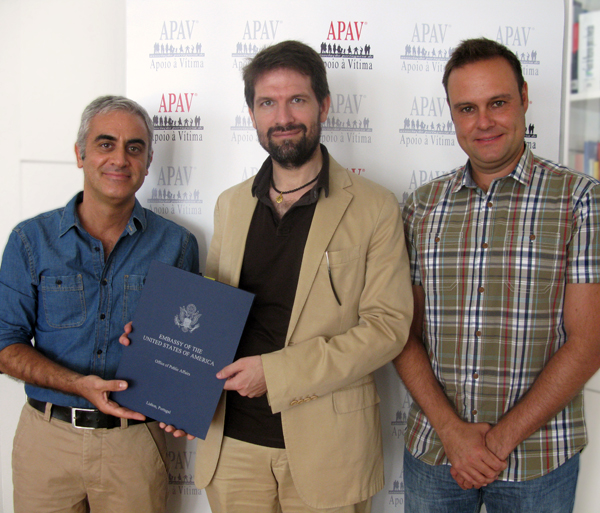
APAV will promote the ABC Justice project. In recognition of the shortcomings betweens the level of communication between the judiciary system and the public (namely the young people), the aim of the project is to work towards greater transparency of the Portuguese criminal justice system by informing the young masses about the main aspects of the functioning of this system.
It is intended that this information will be transmitted in a simple, clear, practical and attractive way, using presentations and web technology to more easily explain the basics of the system to large segments of the youth population.
Increasing the young people’s knowledge about the criminal justice system can make people less reluctant to report criminal behaviour, which may affect their future victim’s status, as well as to encourage more participation in judicial proceedings.
This project has the support of the Embassy of the United States of America in Lisbon through the Alumni Engagement Innovation Fund, which is a program sponsored by the U.S State Department.
APAV becomes a member of the Global Alliance against Traffic in Women (GAATW)
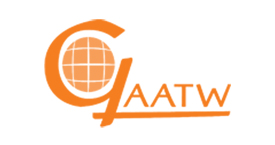
APAV has recently become a member of the Global Alliance against Traffic in Women (GAATW), an alliance that gathers non-governmental institutions based in different countries with the aim to monitor the incidence of human trafficking in each one and to advocate for the improvement of national and international policies and legislation in this area, giving special focus to trafficking in woman.
GAATW advocates for the incorporation of Human Rights Standards in all anti-trafficking initiatives, including in the implementation of the Trafficking Protocol, Supplementary to the UN Convention on Transnational Organized Crime (2000). GAATW strives to promote and share good practices of anti-trafficking initiatives but also to critique practices and policies that are having a negative impact or are causing harm to trafficked persons, migrants, and other communities.
As a member of GAATW, APAV intends to straighten the collaboration with non-governmental institutions based in another countries, promoting the exchange of experiences and good practices, and also to disseminate relevant information about trafficking in human beings in Portugal and to inspire positive changes in this matter.
To learn more about GATTW, go to www.gaatw.org.
European Union Agency for Fundamental Rights (FRA) publishes its annual report
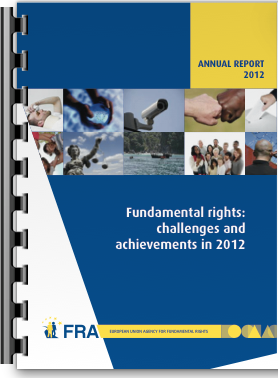 European Union Agency for Fundamental Rights (FRA) publishes its annual report on challenges and achievements in the field of fundamental rights in 2012. It is accompanied by the agency’s annual activity report of its activities and achievements in the same year.
European Union Agency for Fundamental Rights (FRA) publishes its annual report on challenges and achievements in the field of fundamental rights in 2012. It is accompanied by the agency’s annual activity report of its activities and achievements in the same year.
The annual report provides in-depth evidence and analysis of fundamental rights developments in the European Union, its Member States and Croatia. It looks at fundamental rights‑related developments in asylum, immigration and integration; border control and visa policy; information society and data protection; the rights of the child and protection of children; equality and non‑discrimination; racism and ethnic discrimination; participation of EU citizens in the Union’s democratic functioning; access to efficient and independent justice; and rights of crime victims.
This year, the annual report has a special focus on how European values are being tested and what must be done to safeguard fundamental rights in these times of crisis. It considers the impact on the rule of law, as well as what some EU Member States are doing to ensure trust in their justice systems.
